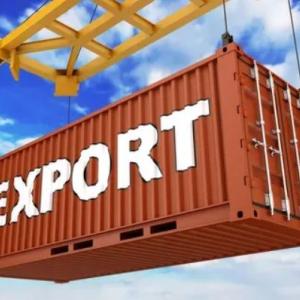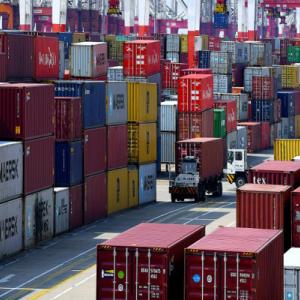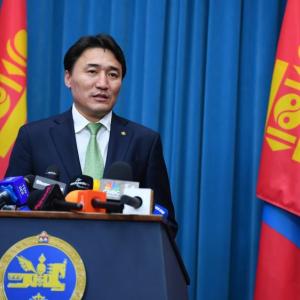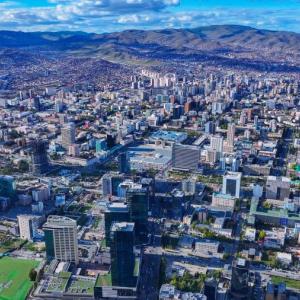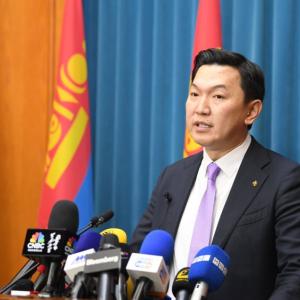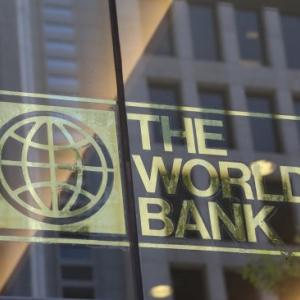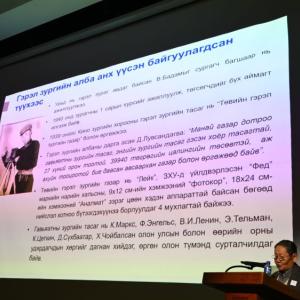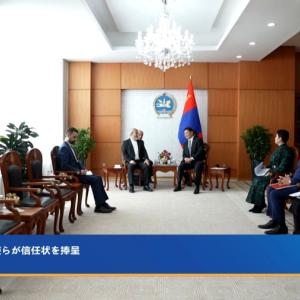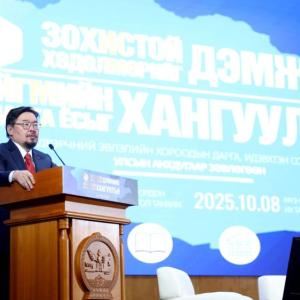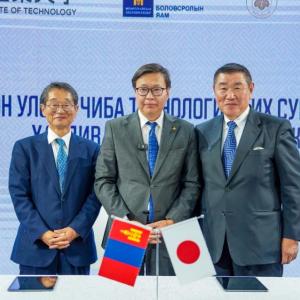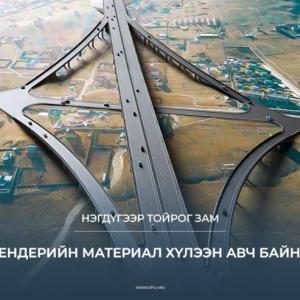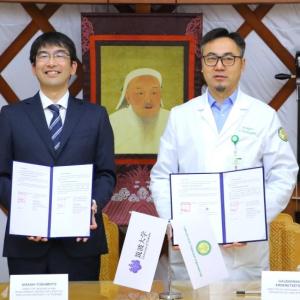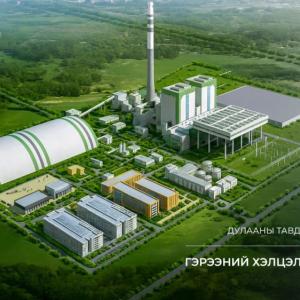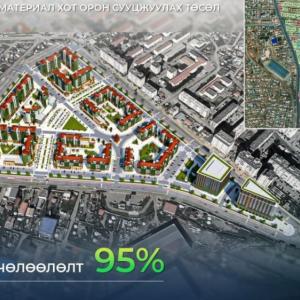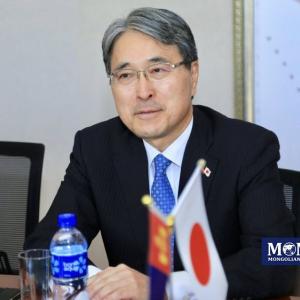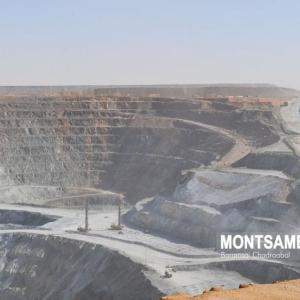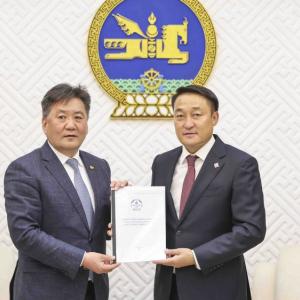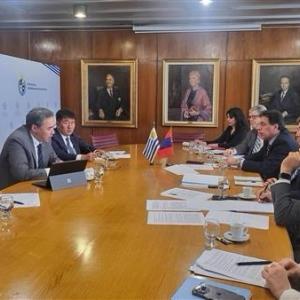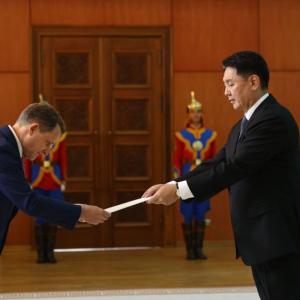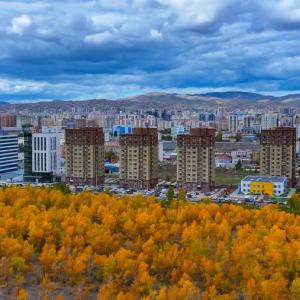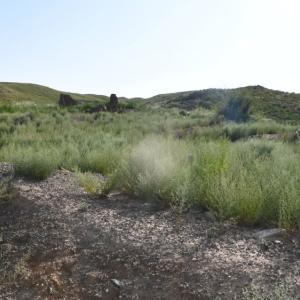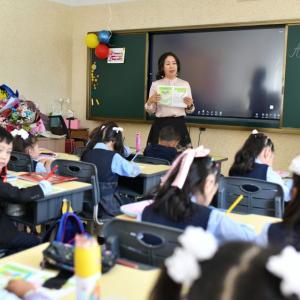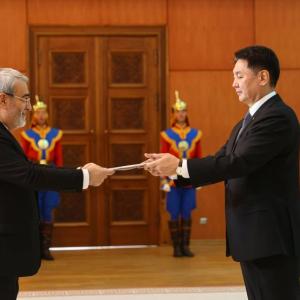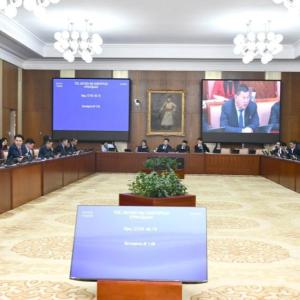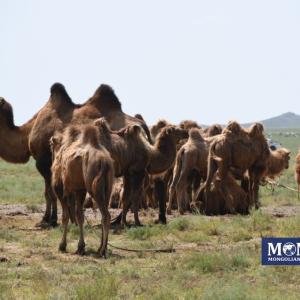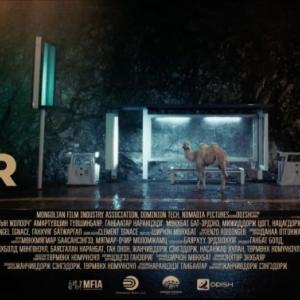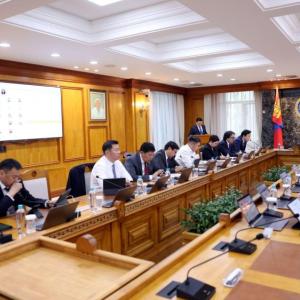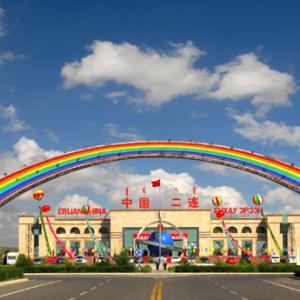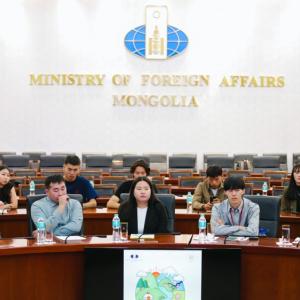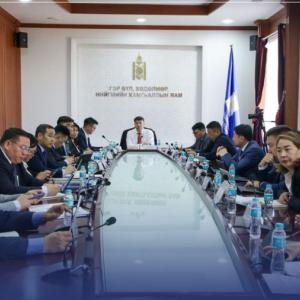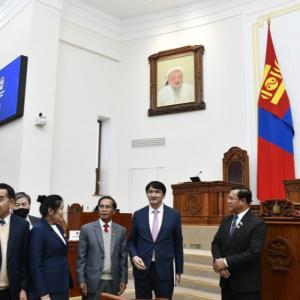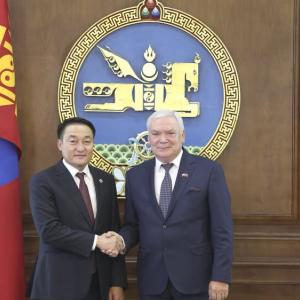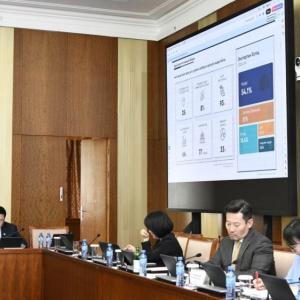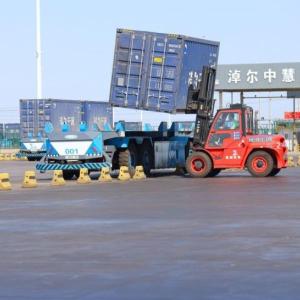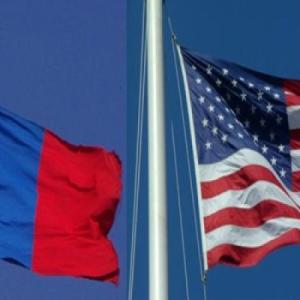Advised to Manage Strategic Mineral Resources Prudently
Economy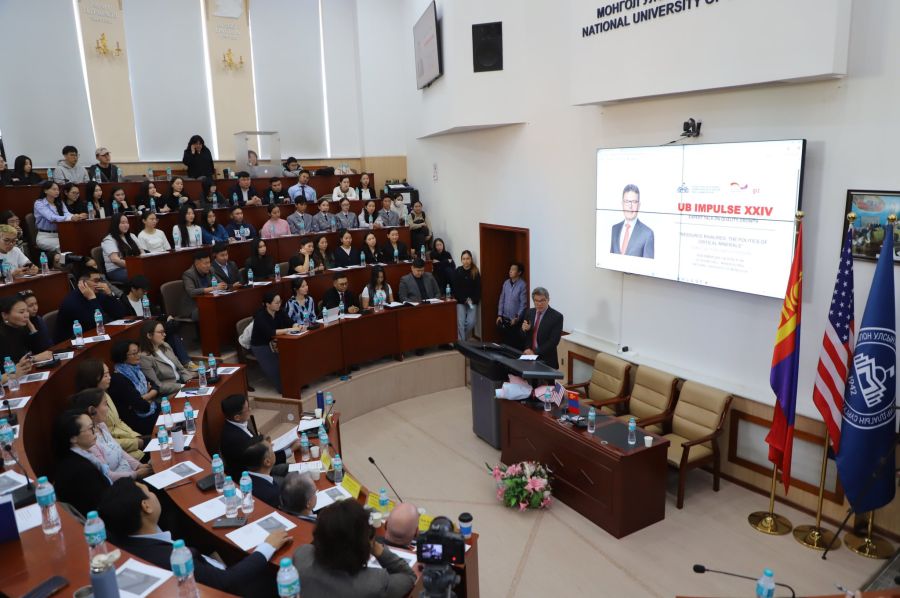
Ulaanbaatar, October 9, 2025 /MONTSAME/. The School of Political Science, International Relations, and Public Administration of the National University of Mongolia (NUM), in cooperation with the German Agency for International Cooperation (GIZ), organized a public lecture and discussion titled “Resource Rivalries: The Politics of Critical Minerals” on October 8, 2025.
NUM President and Professor Ochirkhuyag Buyanjargal remarked during the opening that “Strategic minerals are not only at the core of the global energy transition but are also closely linked to our country’s economic security, technological development, and international standing. The way we manage and regulate these resources is inseparable from the well-being of future generations. I am confident that this discussion will generate new ideas, partnerships, and innovative policy approaches that will contribute to Mongolia’s sustainable development and inclusive growth.”
Partner at the law firm Dunn & Crutcher, Boris Dolgonos, stated in his presentation, “To talk about rare earth elements is to talk about the future of technology. These minerals are directly connected not only to technology but also to national defense. Today, China extracts two-thirds of the world’s rare earth elements but carries out 90 percent of their processing. Mongolia is rich in copper, gold, and rare earth elements. For instance, the Oyu Tolgoi deposit is among the world’s largest copper-gold mines. Over 90 percent of Mongolia’s mineral exports go to China, which shows that the country remains limited in managing its own resources. Therefore, Mongolia needs to focus on developing sufficient infrastructure.”
GIZ Country Representative in the Kingdom of Cambodia Stefan Hanselmann also noted, “In recent years, supply and demand for rare earth elements have both increased, prompting some countries to even ban their export. Mongolia is a resource-rich country, and given current global trends, more attention and importance must be placed on Mongolia. The issue of rare earth elements is not new – it has been discussed for over a decade. This lecture contributes by helping participants better understand the significance of this topic and see it from new perspectives.”
Boris Dolgonos specializes in mining, investment, and financing, including IPOs, high-yield investment-grade securities, loan transactions, cross-border securities trading, private placements, and privatization. He has advised governments, private corporations, investment banks, and financial institutions in North and South America, Asia, Europe, and Africa, participating in major international deals.
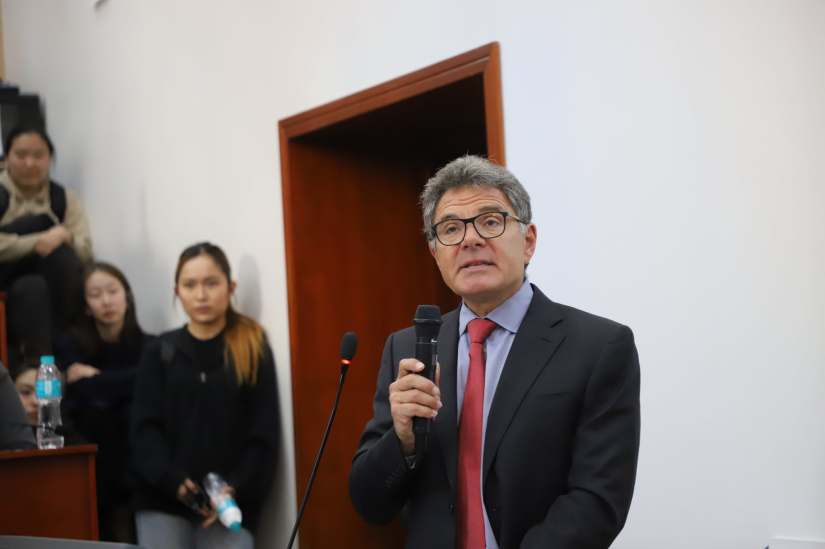
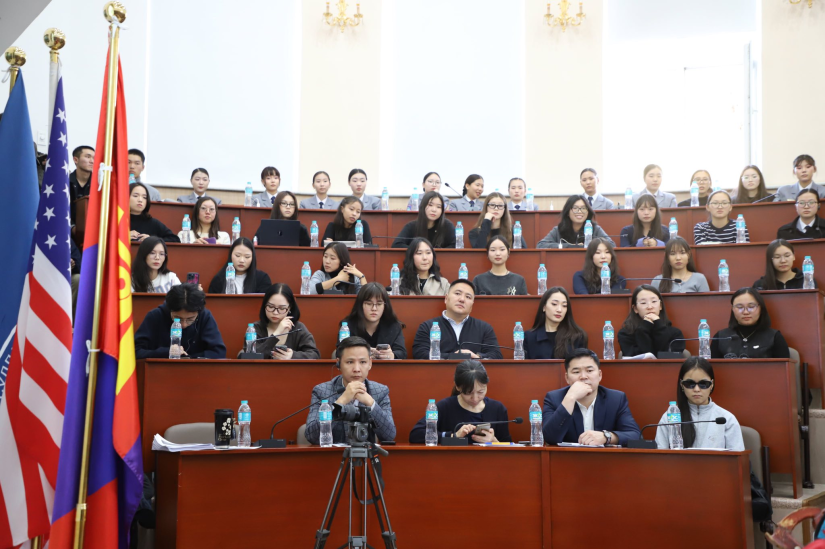
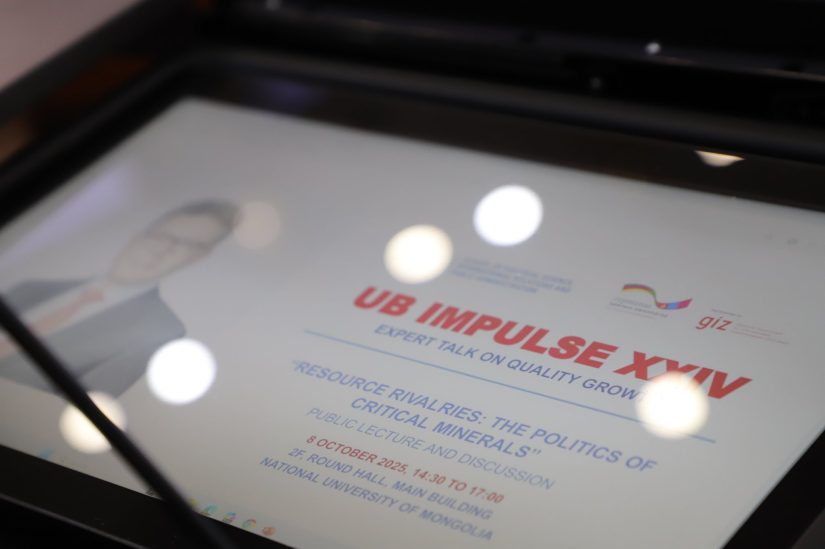
 Ulaanbaatar
Ulaanbaatar


